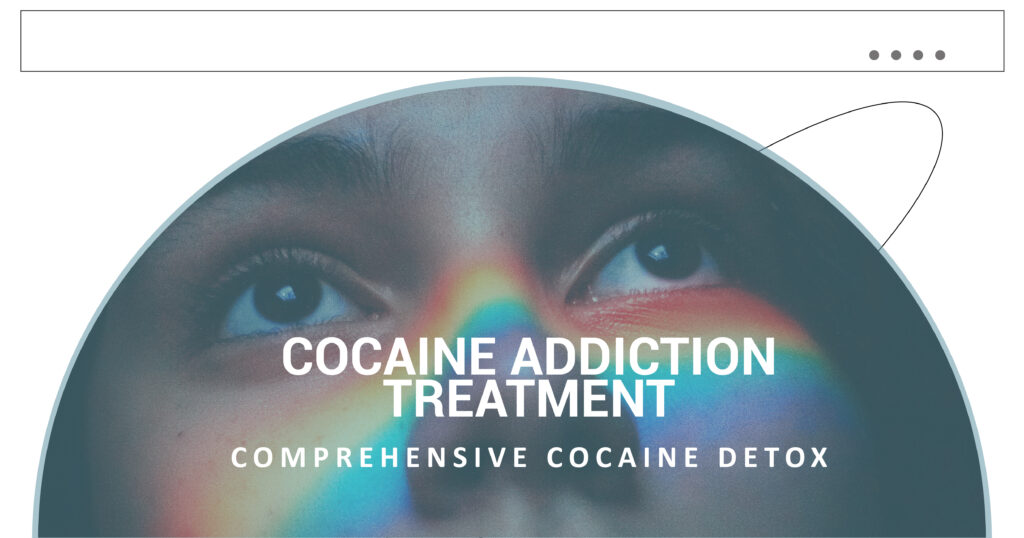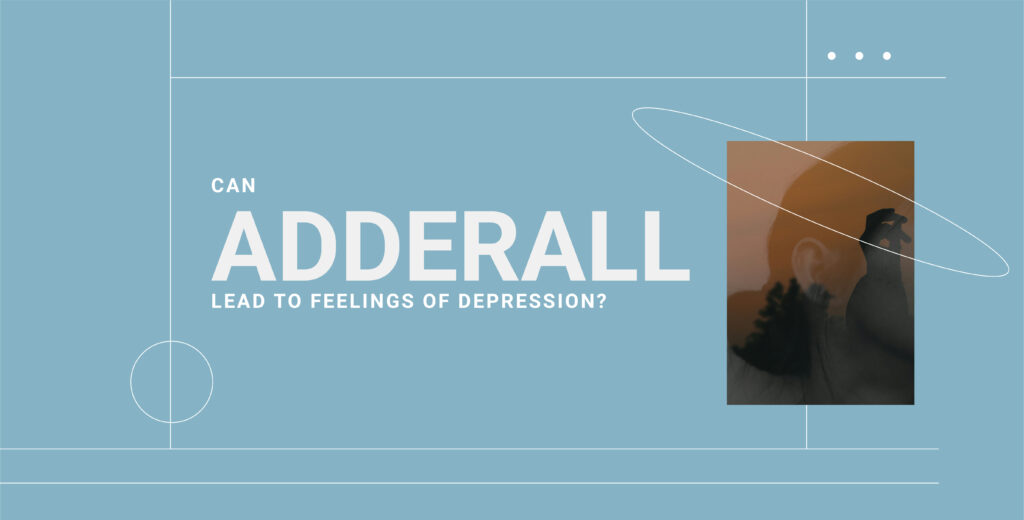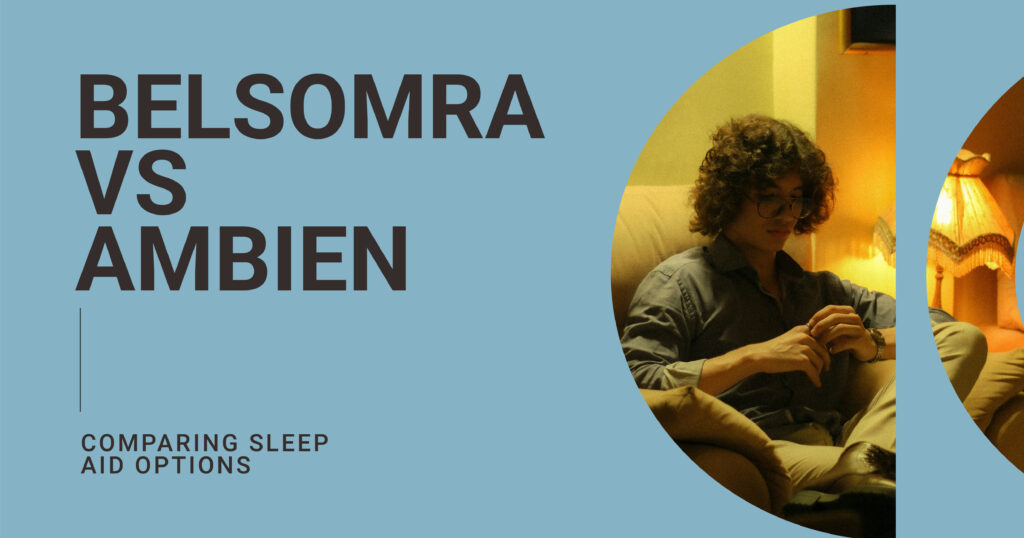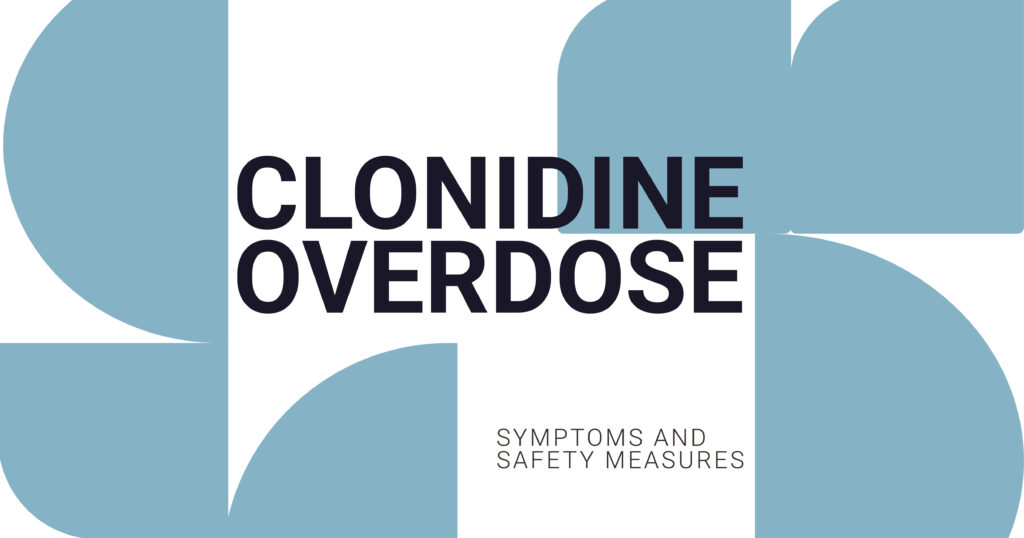Cocaine is a complex and devastating addiction that impacts millions of people around the world. It is an incredibly addictive stimulant that radically shifts the brain’s reward pathways and becomes very hard to fix without professional help.
Chronic usage results in serious physical and mental health consequences, such as cardiovascular issues and cognitive distortions, to mental disorders like anxiety and depression.
A structured program is needed in the treatment of cocaine addiction that integrates medical detox to flush the drug out of the system first safely. An immediate phase of in-depth therapy is also used to treat the mental pathology of addiction.
This article provides a guide on the science of cocaine addiction, how to detox from it, the leading cocaine addiction treatment plans, and approaches for long-term recovery.
Understanding Cocaine Addiction: The Science Behind Dependency
Cocaine is a potent central nervous system stimulant that causes a very high level of dopamine in the brain. Dopamine is a neurotransmitter associated with pleasure and reward.
When it goes into the bloodstream, cocaine stops the dopamine from being reabsorbed and creates a significant amount of joy, energy, and self-confidence.
Developing Psychological Dependence
With the brain getting used to higher levels of dopamine from cocaine, it needs more and more cocaine for it to get that good high. Ultimately, you decrease natural dopamine production, making it hard for a person to derive pleasure from regular activities. This ends up being the sequence to addiction, which is psychological in nature. People are driven to utilize cocaine, whether the consequences are devastating.
Physical Health Consequences
Apart from the neurological impairment, there are many physical health problems caused due to chronic cocaine addiction. It also narrows blood vessels and raises both heart rate and blood pressure, significantly increasing the risk of heart attack, stroke, and organ failure. Using it over an extended time results in respiratory and gastrointestinal problems and a diminished immune system.
Psychological and Mental Health Risks
Other mental health disorders like depression, anxiety, and paranoia commonly accompany cocaine addiction. In drug-induced psychosis, a person has hallucinations, delusions, and indiscriminate paranoia as a result of their use of substances.
The longer a person suffers addiction, the more intensive the reconditioning process will be, as one must be under professional supervision to help break free of dependency.
Recognizing Cocaine Addiction: Symptoms and Behavioral Changes
Cocaine addiction causes a whole range of other behavioral, physiological, and emotional symptoms. Those with cocaine dependence most commonly display dramatic alterations in personality, mood, and everyday behaviors.
One of the hallmarks of addiction is the inability to control cocaine use, which is most apparent when faced with a highly negative consequence such as financial problems, broken relationships, or physical health that is declining.
Changes in Priorities and Risky Behaviors
Behaviors of addiction might be secrecy, deception, and an apparent alteration in the focus of things. It will cause the person to isolate themselves from family and friends, abandon work or school obligations, and engage in high-risk activities ranging from driving.
While intoxicated to using illegal substances to acquire more drugs. Cocaine addiction is usually accompanied by financial instability, and with the use becoming a full-time obsession, it is difficult to afford other essentials.
Physical Symptoms of Cocaine Use
Cocaine use causes weight loss, insomnia, and, of course, dilated pupils and a physically increased heart rate. Chronic nosebleeds, respiratory issues, and a perforated nasal septum may be encountered by those who snort the drug as long-term users. In addition, users of this method are prone to blood-borne diseases and infections.
Emotional and Psychological Effects
Cocaine addiction does permanent damage to emotions, and it’ll make you go all the way from euphoric highs to brutal depressive crashes. People who use it experience anxiety, agitation, and paranoia, with a constant sense of heightened alert or panic. As addiction worsens, the capacity to experience joy in any way without the drug fades away, and that leads to emotional flatness, suicidal thoughts, etc.
Cocaine Detoxification: The First Step Toward Recovery
Detoxification is the first step in the cocaine addiction treatment. Detox is the body clearing toxins such as cocaine from the body with the help of medical attention for withdrawal symptoms. Cocaine withdrawal is not life-threatening, like alcohol or opioids, but certainly very uncomfortable and psychologically distressing for opiate addicts.
Cocaine Withdrawal Symptoms
Cocaine withdrawal symptoms generally start within hours of ceasing use and can persist for days to weeks. Common symptoms of withdrawal are intense cravings, fatigue, irritability, depression, and hyperphagia.
The impact of cocaine is extreme exhaustion, no motivation, and a feeling of utter hopelessness. Severe cases lead to suicidal feelings and can do considerable damage if not monitored under medical supervision.
Methods of Cocaine Detox
There are two primary detox methods, medical detox and at-home detox.
- Medical Detox. Medical detox takes place in a licensed healthcare facility where professionals manage withdrawal symptoms, prescribe pain medications, and offer psychosocial support. This is suggested for those who are severely addicted, have a complicating mental health disorder, and /or may present a risk of harm to themselves.
- At-home Detox. Home detox is often tricky and comes with high relapse risks. Unmonitored cravings become too much for some, and they re-start using drugs to stop withdrawal. Detoxification is also not treating the underlying psychology of addiction, so there are only going to be more chances of relapse.
Cocaine Addiction Treatment: Therapy and Rehabilitation
| Aspect | Details |
| Purpose of Detox | It allows the body to eliminate cocaine while managing withdrawal symptoms. |
| Withdrawal Symptoms | Cravings, fatigue, irritability, depression, and, in severe cases, suicidal thoughts. |
Medical Detox | Supervised facility with professional monitoring, medication, and support, recommended for severe addiction or mental health concerns. |
| At-Home Detox | Possible, but carries a high risk of relapse due to overwhelming cravings and unaddressed psychological aspects. |
Preventing Relapse: Strategies for Long-Term Sobriety
Cocaine addiction recovery is not a walk in the park, and relapse is prevalent. Building an excellent support system is among the most powerful strategies for preventing relapse.
With therapy, feeling supported in NA (Narcotics Anonymous), or other forms of support recovery mentioned earlier, the free program SMART Recovery, being with like-minded people, helps.
Identifying and Avoiding Triggers
A critical piece of relapse prevention is identifying and eradicating the triggers. These are the most common triggers, such as being in high-stress situations, pictures of an environment where a person uses drugs, or happy hour with Coca-Cola workers.
The Role of Ongoing Therapy and Aftercare
It’s essential to continue cocaine addiction treatment and aftercare programs to maintain sobriety. Innumerable addiction treatment centers provide extended care programs, a support group for alums, and more counseling to help people deal with sober living. Active recovery efforts mean better chances of sustained success.
Seeking Professional Help for Cocaine Addiction
It is hard, but not impossible, to ween oneself off cocaine with the proper support and treatment. The best step if you or someone you care about has a problem with cocaine dependence is to get professional help.
Both detox and therapy are conducted in a skilled rehab center that is the place to be for such a person, And they go through a plan that teaches them how to stay sober.
Recovery is a lifelong process, but with commitment, support, and a suitable treatment plan, you can be drug-free for life. If you are ready to take your first step, contact a trusted rehab center today and start getting on the road to recovery.
FAQs
- What is the most effective treatment for cocaine addiction?
A combination of behavioral therapy, medical monitoring, and sustained support is the holy grail for cocaine addiction treatment. Cognitive-behavioral therapy for cocaine addiction, support groups for cocaine addiction, and a lot more Holistic approaches to cocaine addiction recovery
- How long does cocaine detox take?
Traditional cocaine detoxification methods last for 5 to 10 days, but it depends on the severity of dependence, metabolism, and other health factors of the person. A medical detox will supervise the safe withdrawal process and help with symptom management effectively.
- Can medication help with cocaine dependence?
There are no FDA-approved medications for cocaine dependence, but some medications are used in medication-assisted treatment for cocaine dependence and craving for cocaine. Current research is also seeking more potent pharmacological therapies.
- Are there alternative treatments for cocaine dependence?
Yes, there are alternative therapies for cocaine dependence therapy, such as holistic cocaine addiction recovery like acupuncture, Mindfulness meditation, nutritional therapy, plus exercise. They can provide additional care to the standard rehab and help with well-being.
- What happens after completing a cocaine rehab program?
Once out of Cocaine rehabilitation programs, the aftercare stage is also involved with relapse prevention strategies, further therapy, and support group involvement for cocaine addiction like Narcotics Anonymous (NA), SMART Recovery, etc., following a cocaine high. Ongoing treatment and a robust support system are key to sustaining success in the long term.




